Employment Tax Rates Ireland
The percentage that you pay depends on the amount of your income. The tax year in Ireland runs from 1 January to 31 December.

Payroll And Tax Services In Belgium Payroll Tax Services Contract Management
You are taxed at the higher rate of tax with no tax credits until you give your employer your PPSN.

Employment tax rates ireland. An individual who is resident but not domiciled in Ireland is liable to Irish income tax on Irish-source income foreign-employment income earned while carrying out duties in Ireland and on other foreign income to the extent that it is remitted into Ireland. An expatriate who is resident in Ireland but not domiciled is not liable to Irish tax on income from a foreign employment performed outside of Ireland unless it is remitted into Ireland. The first part of an employees income up to a certain amount is taxed at 20.
The income tax due on the non-Irish employment income relating to the duties performed in Ireland is collected through. In the UK perspective the higher rate of 45 does not kick in. You pay your USC with your preliminary tax.
If you dont give your employer your PPSN. The employer contribution is either 85 or 1075 depending on the employees income. If you are returning to Ireland and you have worked here before you may already have a.
The grossed-up amount is 110 x 10051 21567. Pay As You Earn PAYE and Universal Social Charge USC. This is known as the standard rate of tax and the amount that it applies to is known as the standard rate tax band.
Your income is taxed at the standard rate until week 4 and at the higher rate from week 5 on. Social Security in Ireland. The current tax rates are 20 and 40.
Properly adjusted Irelands Total Gross Tax-to-GNI ratio of 36 is in-line with the EU28 average 36 and above the OECD average 33. Calculating your Income Tax gives more information on. Irelands Corporate Tax System is a central component of Irelands economy.
Class A employee PRSI is calculated at 4 of gross weekly earnings over 35200 per week. If you have just moved to Ireland to start work you will need to apply for a Personal Public Service Number PPSN. Your employer will release Form P60 End of Year Certificate by February 15th after year end.
The USC does not apply to social welfare or similar payments. The first part of your income up to a certain amount is taxed at 20. The standard rate cut-off point for married couplescivil partners is 44300 in 2021.
The Pay As You Earn PAYE PRSI and USC for 110 will add 51 to the value. 26300 in 2021 or. The non-Irish employment income relating to duties performed outside Ireland is only liable to Irish income tax if it is remitted there See section 4 Remittance basis of taxation for further details.
A portion of your income will be taxed at 20 and the remainder will be taxed at 40. This is known as the standard rate of tax and the amount that it applies to is known as the standard rate tax band. In 201617 foreign firms paid 80 of Irish corporate tax employed 25 of the Irish labour force paid 50 of Irish salary tax and created 57 of Irish OECD non-farm value-add.
Taxable income is subject to PAYE in Ireland at progressive rates ranging from 20 to 40 percent depending on the level of income earned by the individual. Irish income tax is imposed on the worldwide income of an individual who is resident and domiciled in Ireland. Employer PRSI contributions are uncapped and levied at a rate of 1105 percent on all taxable employment income including benefits-in-kind but excluding certain share related benefits.
Tax rates bands and reliefs The following tables show the tax rates rate bands and tax reliefs for the tax year 2020 and the previous tax years. 100 - 40 4 5 51. The remittance basis also extends to foreign investment incomecapital gains in the case of non-domiciled individuals.
The remainder of your income is. Irelands Exchequer Tax-to-GNI ratio of 28 is in line with the EU28 average 28 and the OECD average 27. This amount is taxed at 20 and the balance is taxed at 40.
An extra charge of 3 applies to any self-employed income over 100000 regardless of age. In Ireland income tax at 40 will begin to apply from 35300 and USC at 8 from 70044. The remainder of an employees income is taxed at the higher rate of tax of 40.
Standard rate of tax Your income up to a certain limit is taxed at the standard rate of Income Tax which is currently 20. Most Irish resident employees pay PRSI Class A contributions. This means that self-employed people pay a total of 11 USC on any income over 100000.
Avoid paying emergency tax. Where both spousescivil partners have income this standard rate cut-off point can be increased by the lower of the following. The tax system in Ireland.
You can check Revenues current emergency tax and USC rates pdf. There are two types of income tax in Ireland. The employee pays Income Tax at 40 PRSI at 4 and Universal Social Charge USC at 5 on the benefit.

Payroll And Tax In Ireland Payroll Taxes Salary Calculator Tax Services
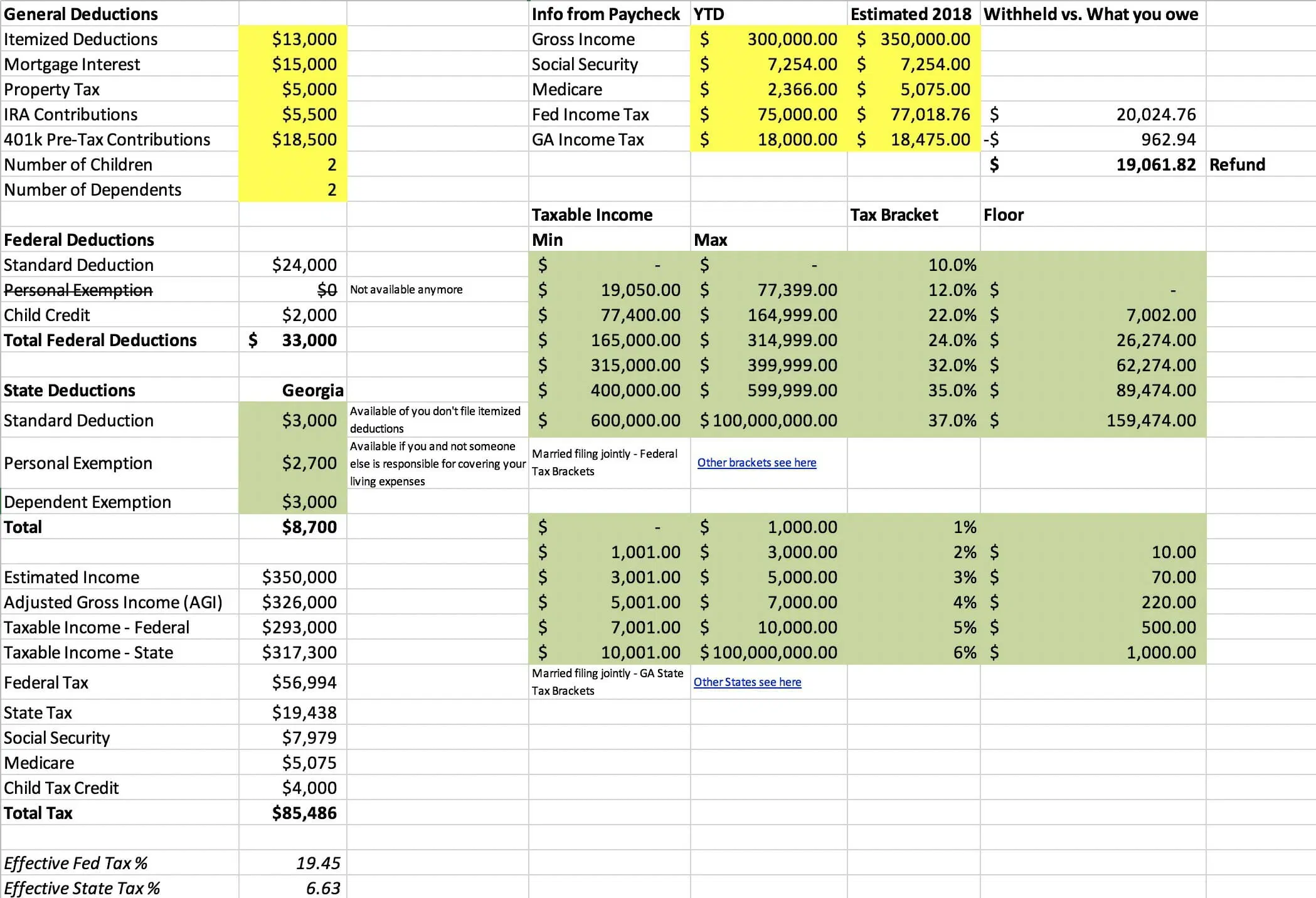
Free Tax Estimate Excel Spreadsheet For 2019 2020 2021 Download
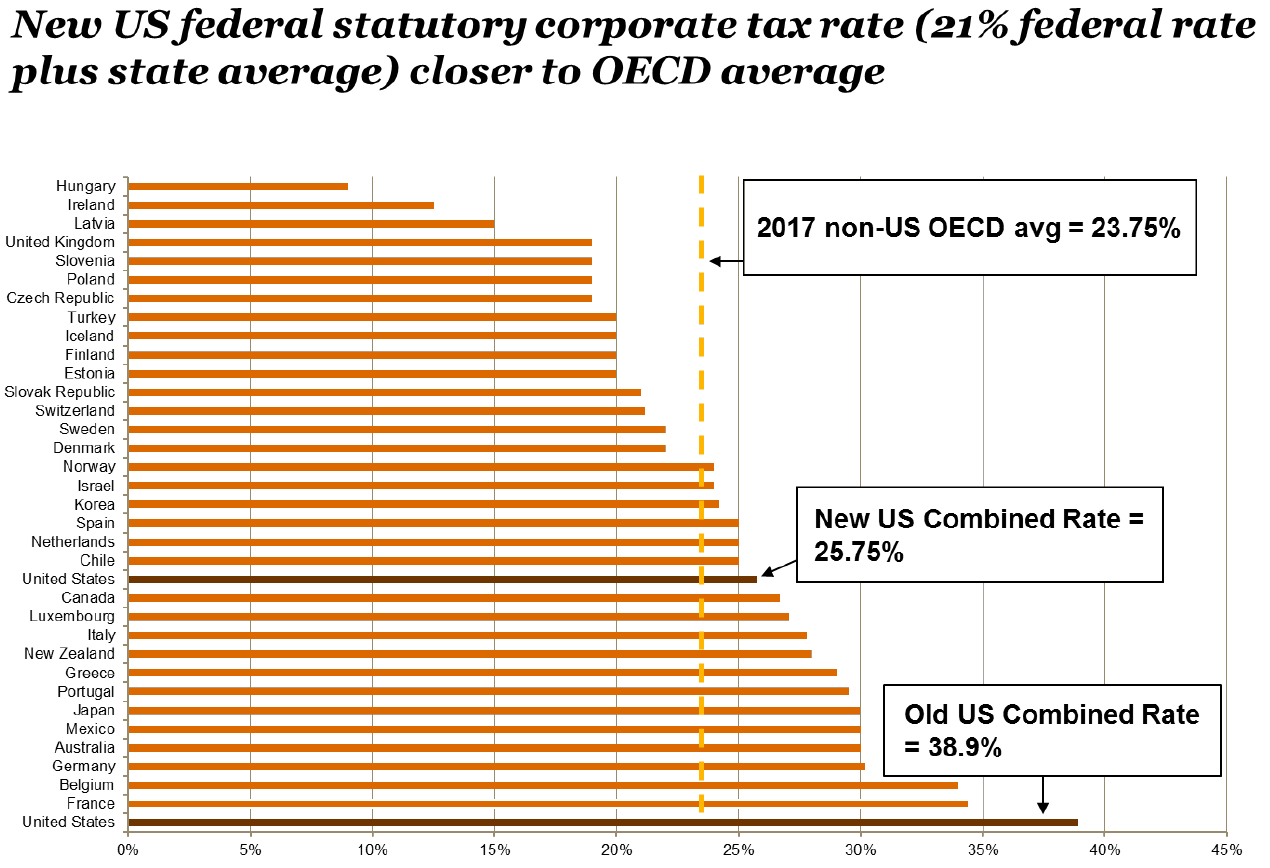
Doing Business In The United States Federal Tax Issues Pwc

Income Gains And Effective Tax Rates After Budget 2020 Social Justice Ireland
Irish Payroll And Tax Information And Resources Activpayroll
Paying Tax In Ireland What You Need To Know

What Is Self Employment Tax And What Are The Rates For 2020 Workest
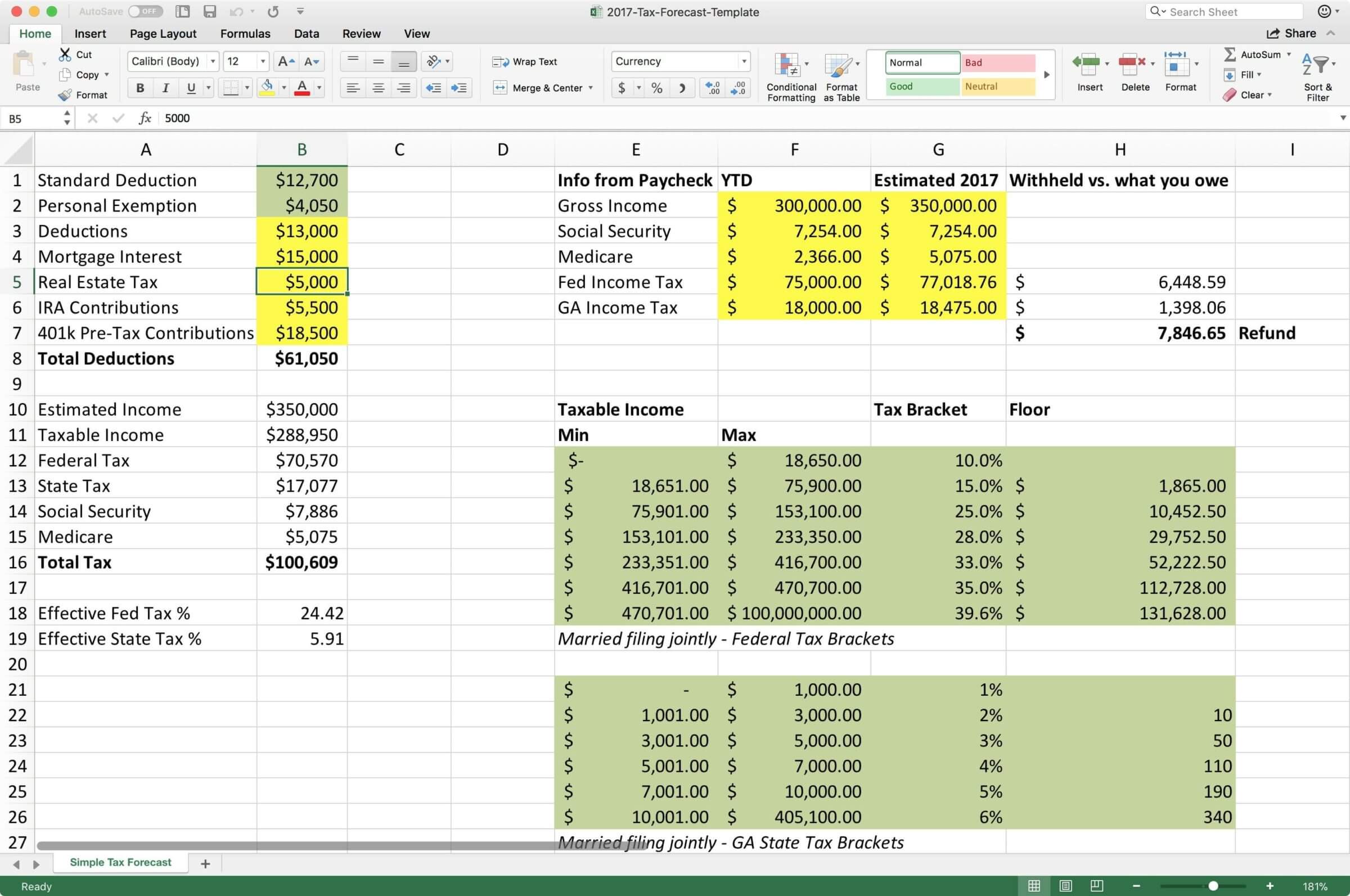
Free Tax Estimate Excel Spreadsheet For 2019 2020 2021 Download

Varadkar Says High Irish Tax Rates Are A Problem Is He Correct

What Is Self Employment Tax And What Are The Rates For 2020 Workest

What Is Self Employment Tax And What Are The Rates For 2020 Workest
Paying Tax In Ireland What You Need To Know

Understanding Withholding Tax In The Kingdom Of Saudi Arabia Ksa Faithful Gould Middle East
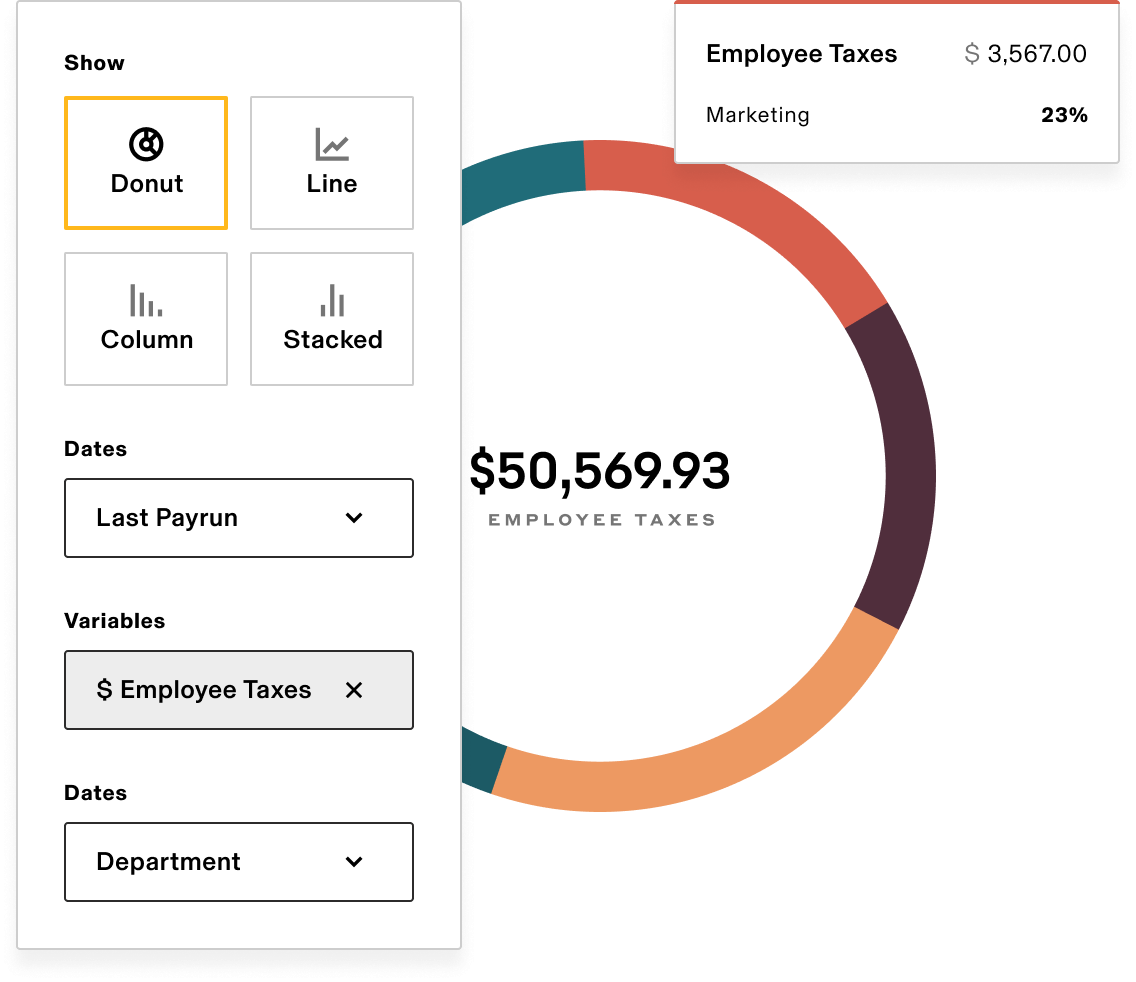
Online Payroll Processing Software Services Rippling

Varadkar Says High Irish Tax Rates Are A Problem Is He Correct

How To Do Payroll Yourself For Your Small Business Gusto
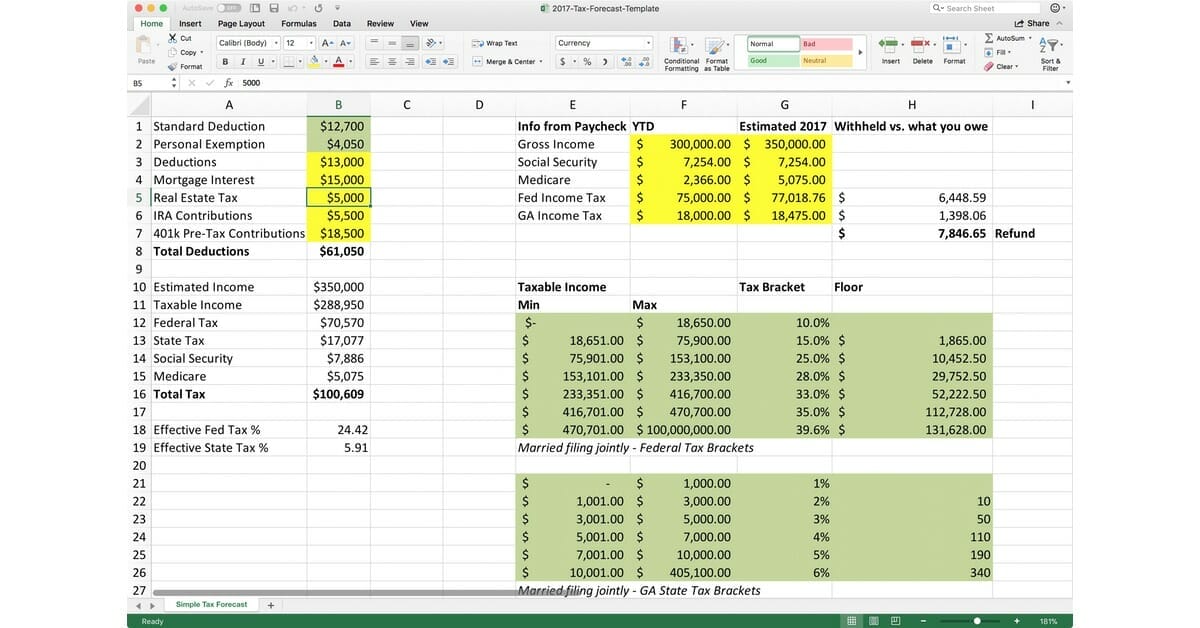
Free Tax Estimate Excel Spreadsheet For 2019 2020 2021 Download


Post a Comment for "Employment Tax Rates Ireland"